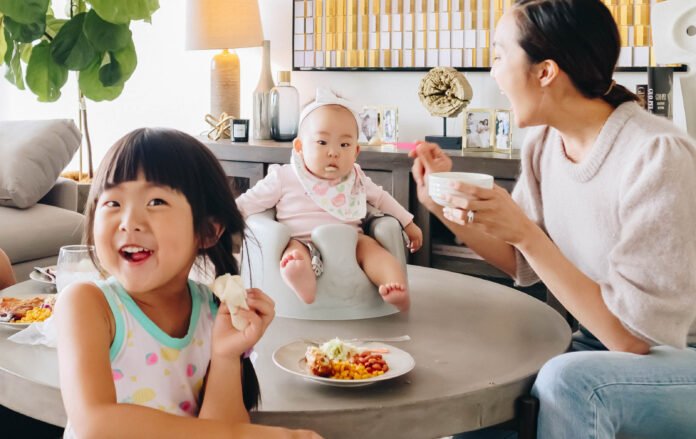As someone whose career and daily life are deeply intertwined with the internet, I’ve always embraced the role social media plays in connecting people. But when it comes to my daughters, Chloe and Colette, the conversation shifts. What began as an effortless habit of sharing our family moments online has evolved into a more nuanced discussion—one that centers on consent, autonomy, and the digital footprints we create for our children.
The Shift in Perspective
For years, documenting our lives felt natural. The laughter, the milestones, the candid, everyday magic—it was all part of the story I shared with my audience. But as Chloe grew older, something changed. She started voicing her feelings, and one thing became clear: not every moment was hers to share.
There was a day when I reached for my phone to capture something sweet or silly, and she looked at me with a quiet but firm, “Not today, Mommy.” It was a small moment, but it carried weight. As much as my instinct as a mother is to preserve every memory, I had to pause and recognize that her comfort mattered more than the content.
Teaching (and Learning) Digital Consent
Chloe understands that photos and videos are part of my work. We’ve had conversations about why I share what I do, and she grasps the concept in her own way. But understanding doesn’t always equate to enthusiasm. Some days, she’s all in—grinning for the camera or eager to show off a new skill. Other days, the camera feels intrusive, and she’s not interested in performing, even for a fleeting Instagram Story.
This has forced me to reflect on how I approach sharing my children online. If an adult can choose what parts of their life to post, shouldn’t a child have the same agency, even in small ways? The answer, I’ve realized, is yes. Just because they’re young doesn’t mean their boundaries should be overlooked.
Finding Balance in a Digital World
Striking a balance between sharing my life and respecting my daughters’ privacy hasn’t been a one-time decision—it’s an ongoing negotiation. Here’s how I’ve been navigating it:
- Checking In, Not Assuming – Instead of automatically recording, I ask. Sometimes it’s a quick, “Can I take a picture of this?” Other times, I can tell by her body language that she’s not in the mood, and I let it go.
- Explaining the ‘Why’ – Chloe knows that my job involves sharing parts of our lives, but I also make sure she knows she can say no. If she declines, I don’t push. I want her to trust that her voice matters.
- Curating with Care – Even when she’s okay with being photographed, I’m more mindful than ever about what I post. Not every cute moment needs to be public. Some are just for us.
- Leading by Example – Colette is still little, but as she grows, I want both girls to see that their comfort comes before likes or engagement. If they grow up understanding that their consent is valued, they’ll carry that into their own digital lives.
The Bigger Picture
This isn’t just about my family—it’s part of a larger conversation happening among parents today. How much is too much to share? At what point does documenting our kids’ lives cross into oversharing? There’s no universal answer, but I think it starts with listening.
Kids today are the first generation to have their entire childhoods cataloged online before they can even type a tweet. That’s a heavy reality. As parents, we have to ask ourselves: Are we posting for them, or for us? Are we building memories, or building a brand?
I don’t have all the answers, but I’m trying to err on the side of caution. Because at the end of the day, my job is to be their mom first—not their content creator.
Moving Forward
Social media isn’t going anywhere, and neither is my career in this space. But the way I engage with it as a parent is evolving. Some days, that means fewer posts featuring Chloe’s face. Other days, it means celebrating a moment together—if she’s up for it.
The most important lesson? Respect isn’t just something we teach our kids; it’s something we owe them. Even in pixels.


